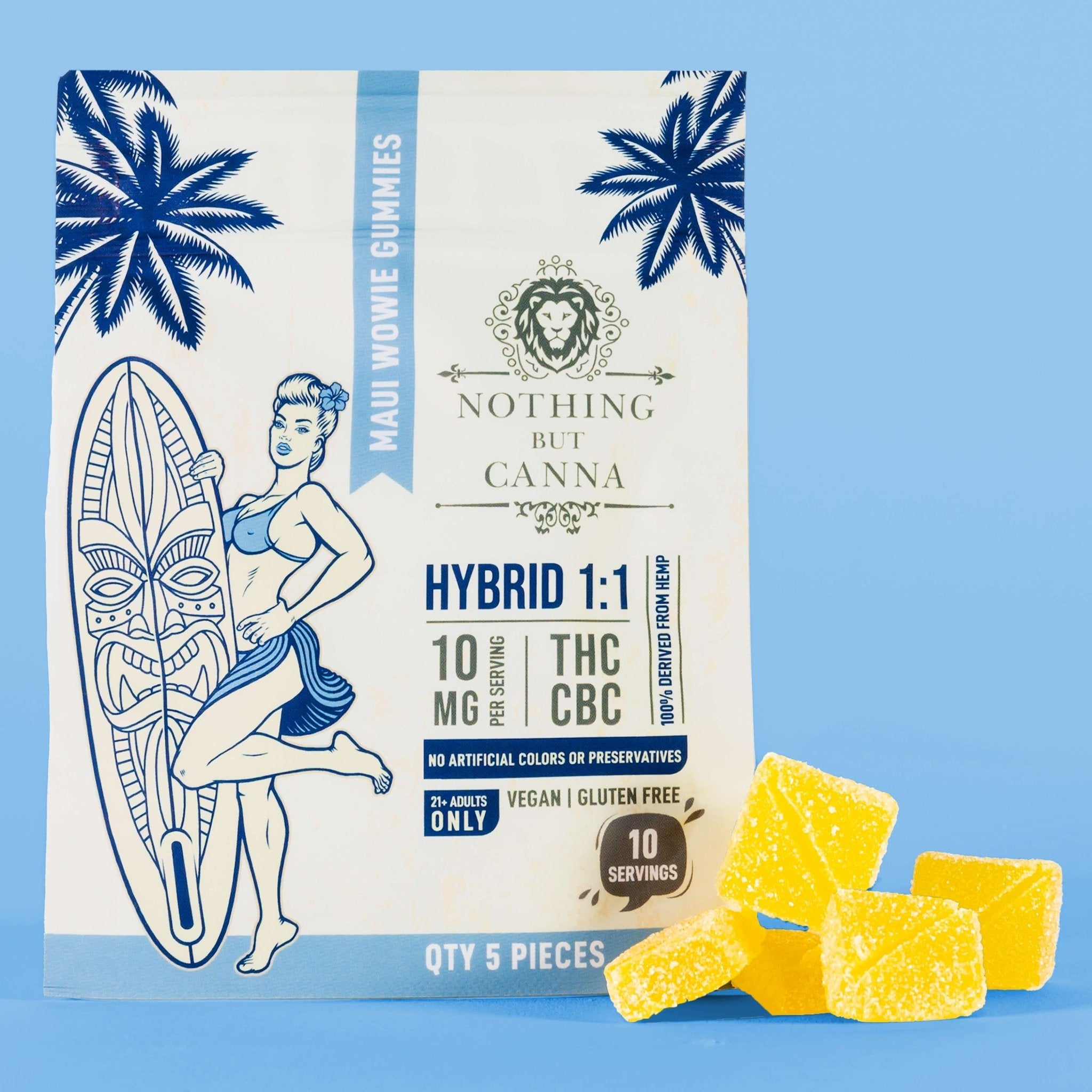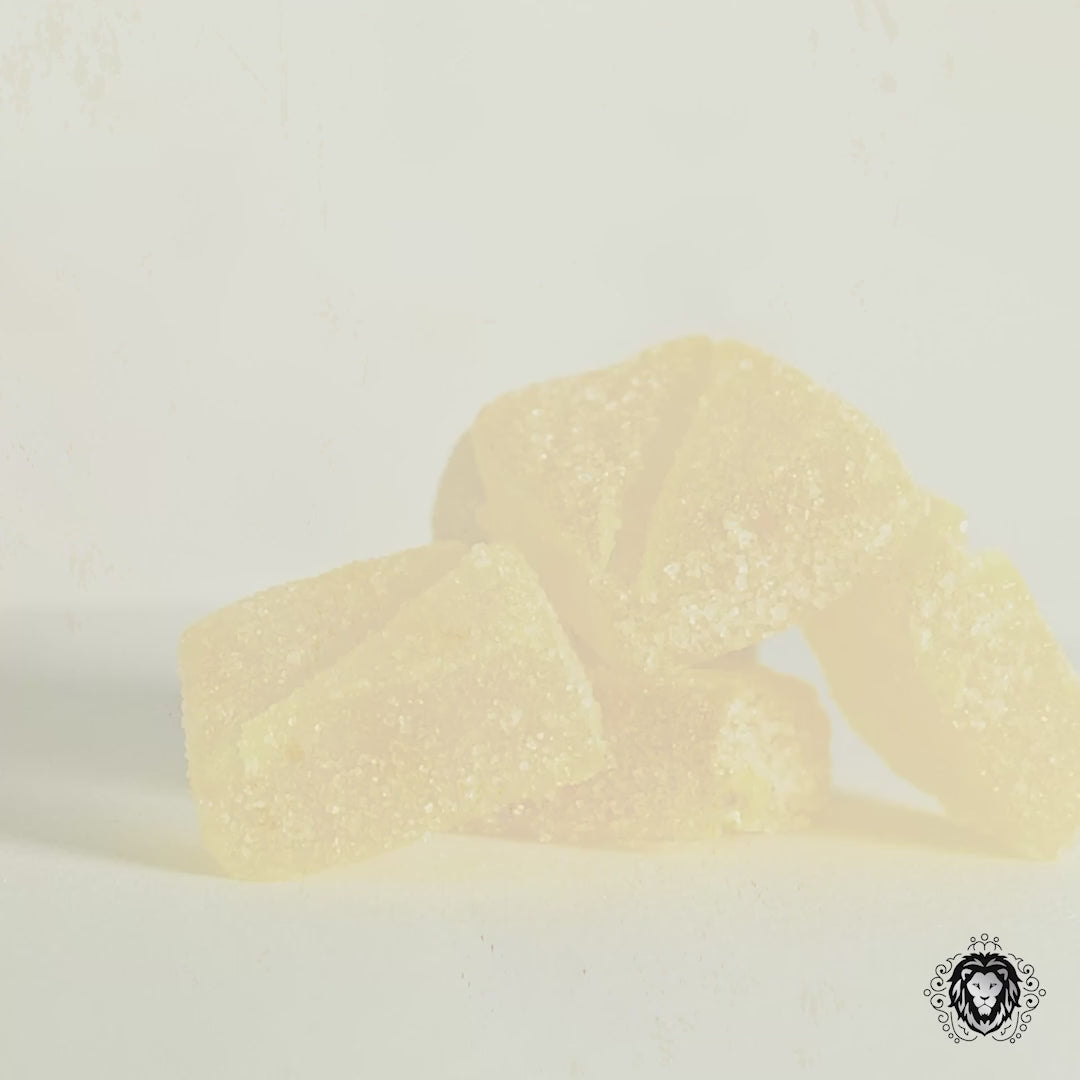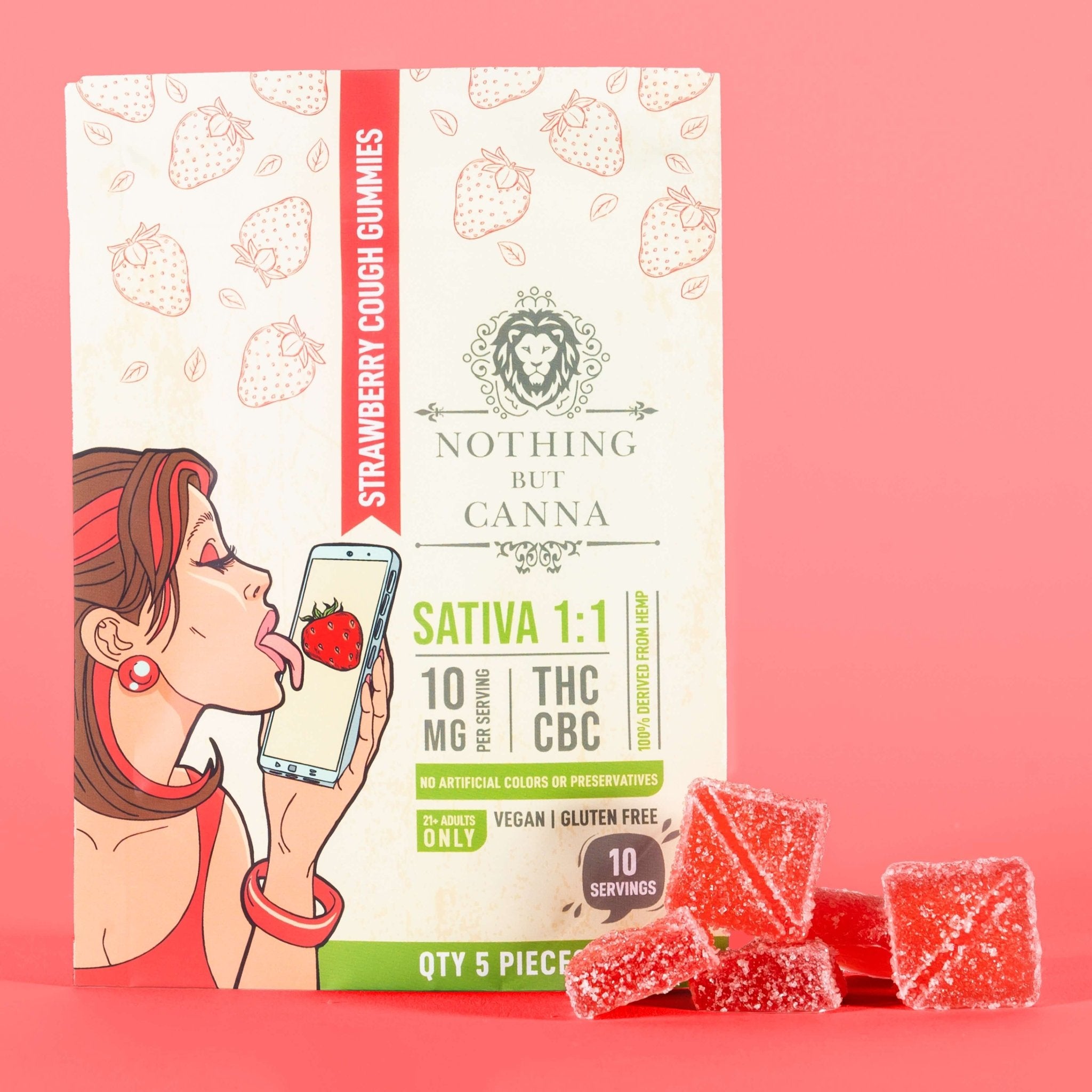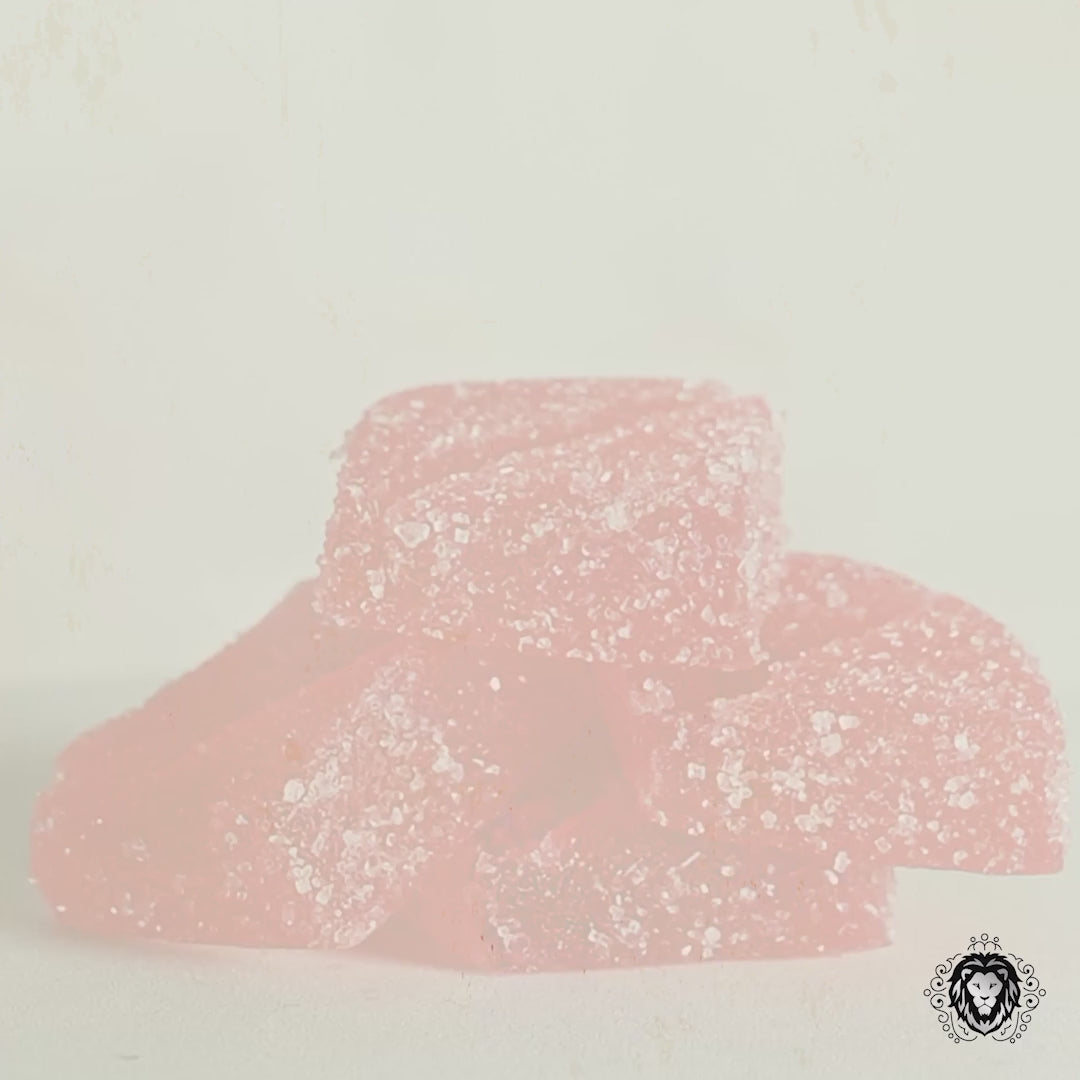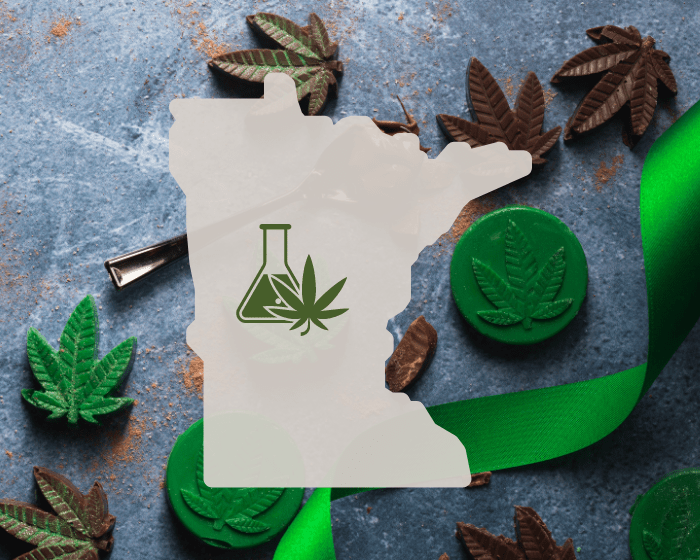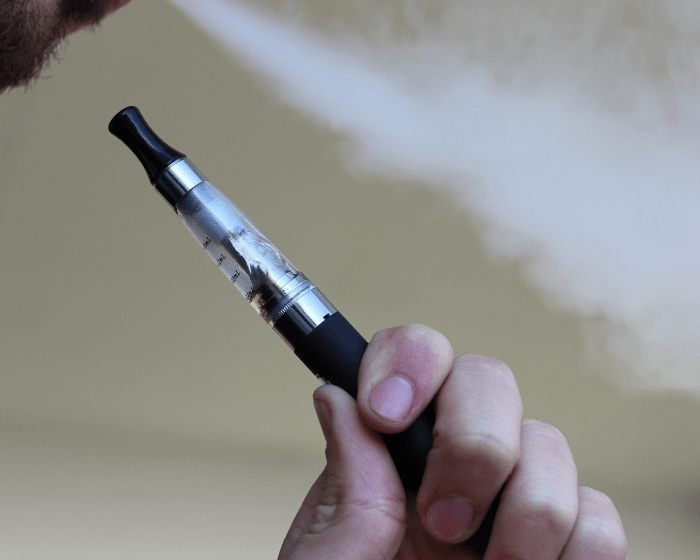The district attorney in Berks County, Pennsylvania, has seized some $85,000 in hemp-derived THC products and is warning shopkeepers to end all sales, reports Allentown-based station 69 News.
The DA said his detectives went to 14 stores in mid May, seizing allegedly-illegal items including delta-8 and delta-10 THC products.

“We seized a total of approximately 1,700 units with an estimated value of approximately $85,000,” Berks County DA John Adams said. “[…] These items are dangerous, especially for our children.”
Delta-8 and delta-10 THC isomers are similar to the most well-known form of THC, delta-9. And like delta-9, they have a psychotropic effect. The delta-8 and 10 products on store shelves are typically extracted from hemp as CBD and converted to THC in a chemical process, although cannabis plants do produce delta-8 and 10 in small amounts.
According to DA Adams, mini markets, vape shops and smoke shops were selling hemp-derived THC, which he described as illegal. Investigators told 69 News that no arrests had been made as of May 19 because retailers were cooperative with law enforcement.
Delta-8 and delta-10 THC are not Schedule I controlled substances, according to the US Drug Enforcement Administration.
The 2018 Farm Act (aka "the Farm Bill”) legalized possession and cultivation of hemp. To make a clear distinction between hemp and “marihuana,” lawmakers set a 0.3 percent limit on the concentration of delta-9 THC, explicitly.
Delta-8 and delta-10 products generally don’t contain more than 0.3 percent delta-9, thus are widely accepted as hemp under the 2018 Farm Bill.
A federal court of appeals recently affirmed the legality of hemp-derived THC, ruling that the delta-8 THC in one company’s e-cigarette liquid fit within the statutory definition of hemp.
A federal court of appeals recently affirmed the legality of hemp-derived THC, ruling that the delta-8 THC in one company’s e-cigarette liquid fit within the statutory definition of hemp.
Some states have passed laws banning hemp-derived THC. Pennsylvania isn’t one of them. Two state senators sent a memo to Senate colleagues in April seeking co-sponsors for a bill that would ban sales of delta-8 THC. However, the bill hasn’t been formally introduced.
Seizures similar to those in Berks County have occurred in other states:
- Alabama, where police seized 200 items from the sales floor of a CBD shop in Pell City during a May 13 raid.
- Georgia, where the Gwinnett County DA ordered seizures of hemp-derived THC in late February. In March, a judge granted a temporary restraining order stopping the DA from further searches, saying the actions might be those of a “rogue DA.” And in Madison County, Georgia, a judge ordered the sheriff’s office to return $30,000 in product and $3,000 cash to a delta-8 retailer raided in November 2021.
- Kansas, where CBD shops were raided in Topeka in late April, with law enforcement targeting hemp-derived THC. Shop owners maintain that their products are legal according to state and federal law. One shop publicly called the raids illegal, saying the search and seizures were based on misguided information from the Kansas attorney general.
Although hemp-derived THC isn’t a controlled substance, it remains in a regulatory gray zone without oversight by the federal Food and Drug Administration. Although reputable companies are holding themselves to voluntary standards, there are no federal standards for testing, labeling or package requirements.
The FDA does appear to be making enforcement efforts. On May 4 the agency sent warning letters to five companies for regarding delta-8 THC products. The FDA said these companies were violating the Federal Food, Drug, and Cosmetic Act by making health claims about delta-8 THC in marketing materials.

































